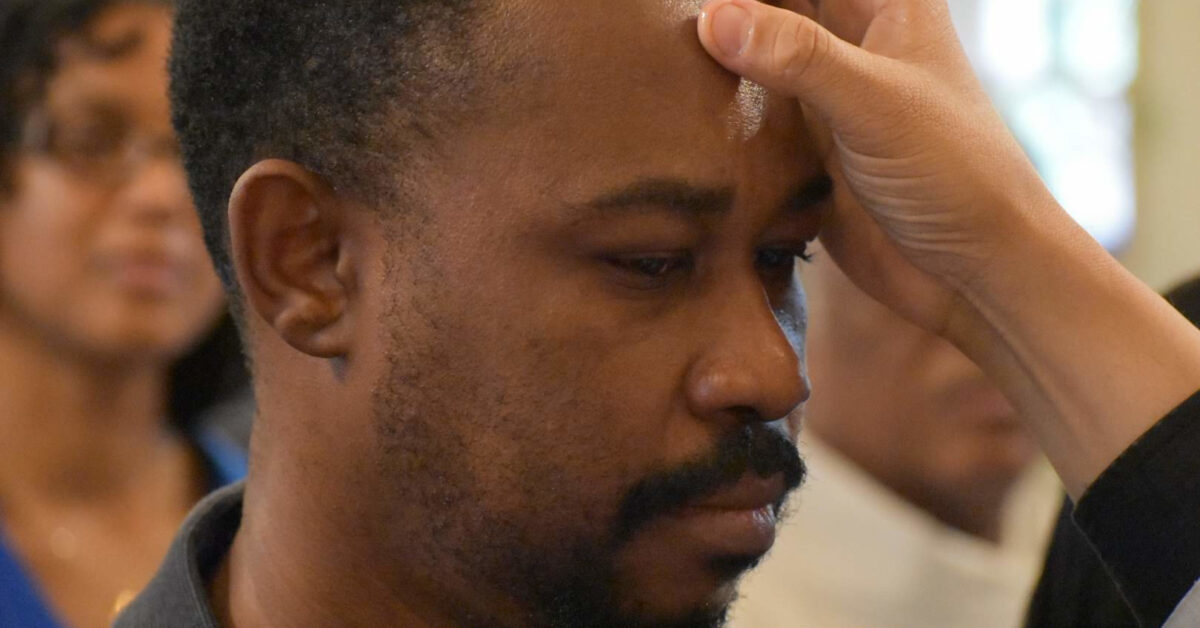A Curriculum for the Catechumenate? Formation for Life
An often asked question about the catechumenate is, “Where can I find a curriculum for the catechumenate?” While from the perspective of efficiency it would be desirable to have a curriculum that could fit all places and circumstances that desire works against the nature of the catechumenate. While some Roman Catholic dioceses do provide catechetical/doctrinal curriculums for the RCIA, those usually only focus specifically on catechetical knowledge and aren’t intended as a curriculum for the entire catechumenate. This is why Diana Macalintal titled her book on the RCIA’s life within the Christian community: Your Parish IS the Curriculum. (See my series of blog posts on her book from July 15 through August 20, 2021). Since the catechumenate is aimed toward forming seekers into the Christian faith within that particular congregation’s life as the Body of Christ, their life together is the curriculum for formation. An abstract curriculum from outside the parish would run counter to that type of formation.
But I don’t want to be accused of punting on the efficiency question. Yes, the catechumenate requires a deliberate, intentional, and, at times, slow approach to forming disciples. But that “built-in” inefficiency shouldn’t be shouldered solely on the backs of the pastors, church workers, catechists, and sponsors who work the catechumenal process. Rather, the inquirers and seekers themselves should shoulder that load since the intentionality and slow pace of the catechumenate is for their benefit as they walk the road to conversion.
So what might a curriculum look like that is oriented to the seekers and more efficiently responds to their seeking? Roman Catholic Nick Wagner in his book, Seek the Living God: Five RCIA inquiry Questions for Making Disciples (Collegeville, MN: Liturgical Press, 2017), advocates for a curricular approach that is seeker-centered and oriented toward the adult learner. We must ask the question of each adult seeker, “What are you actually seeking?” This allows the seeker to be the primary person for determining the shape of a curriculum in the catechumenate that is tailored for their individual journey. Wagner encourages the use of contract learning in which the seeker and catechumenal team develop a contract that will facilitate their formation toward baptism and participation in the Body of Christ. Developing that contract entails for Wagner asking five questions of the seeker:
- Where have you been?
- Where are you now?
- Where do you want to get to?
- How are you going to get where you want to go?
- How will you know when you have arrived?
Answering these questions leads to designing a learning contract that will facilitate participation in the Body of Christ in accord with the seeker’s background, current needs, and the journey they wish to make. The seeker is the one looking to make this journey and the opportunity for accomplishing it is placed on them. All the participants in the catechumenal team can then play their role in facilitating this journey. Given the uniqueness of the journeys of each seeker, there is not a one-size-fits-all curriculum for the catechumenate. But this individualized approach, with the necessary involvement of a diverse catechumenal team, creates significant commitment to the process for the seeker that will lead to lifelong formation for Christian life. Wagner’s book calls for further reading, which I intend to do. I commend it to you. And encourage you to explore constructing a catechumenate curriculum that is seeker-centered, forming them for continual participation in the life of Christ’s body.
